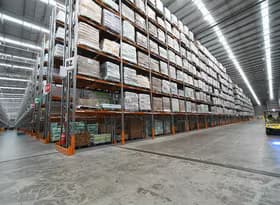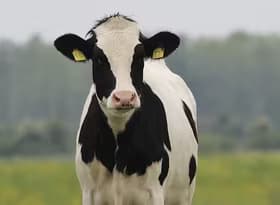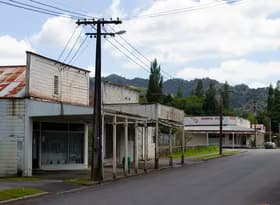
Media Release: Potent cocktail giving NZ a growth hangover
The global economic slowdown will continue to be a drag on New Zealand’s economy over the next year, according to Infometrics’ latest forecasts. Escalating tariffs as a result of the trade war between the US and China have seen global growth expectations steadily downgraded. China, New Zealand’s largest export market and the major engine of the global economy over the last decade, is growing at its slowest rate in 30 years. All these factors mean that next year the world economy could record its slowest growth since 2012.
“New Zealand had already been served up a potent cocktail of slowing population growth, peaking construction activity, weak business confidence, a lack of capital investment spending, and poor labour productivity,” says Infometrics Chief Forecaster Gareth Kiernan. “Although prices for New Zealand’s exports have remained high to date, ongoing international uncertainty creates additional downside risks to the outlook for economic growth.”
The Reserve Bank’s efforts to stimulate growth will continue in coming months, with the official cash rate heading to 0.5% and possibly lower. There are signs that lower mortgage rates are having a small positive effect on the housing market, but Infometrics expects a more pivotal move by the Bank will be another reduction in its loan-to-value restrictions at November’s Financial Stability Report.
“House price inflation could rebound to 8%pa by mid-2021 given easier lending conditions and the lingering undersupply of housing in Auckland,” says Mr Kiernan. “However, any rebound would be temporary, and prices are likely to come under renewed downward pressure as high levels of residential construction shrink the housing undersupply.”
In the wake of its $7.5b surplus, Infometrics expects the government to respond to increasing calls for more fiscal stimulus by announcing new spending initiatives in the Half Year Economic and Fiscal Update in December. However, continued slow progress on capital spending projects means that the government is likely to have limited success stimulating the economy in the lead-up to the 2020 election, with GDP growth set to hold between 2.0%pa and 2.5%pa over the next two years.
ENDS
For more information, please contact:
Gareth Kiernan
Chief Forecaster
Infometrics
+64 21 119 3876 | Gareth.Kiernan@Infometrics.co.nz






















